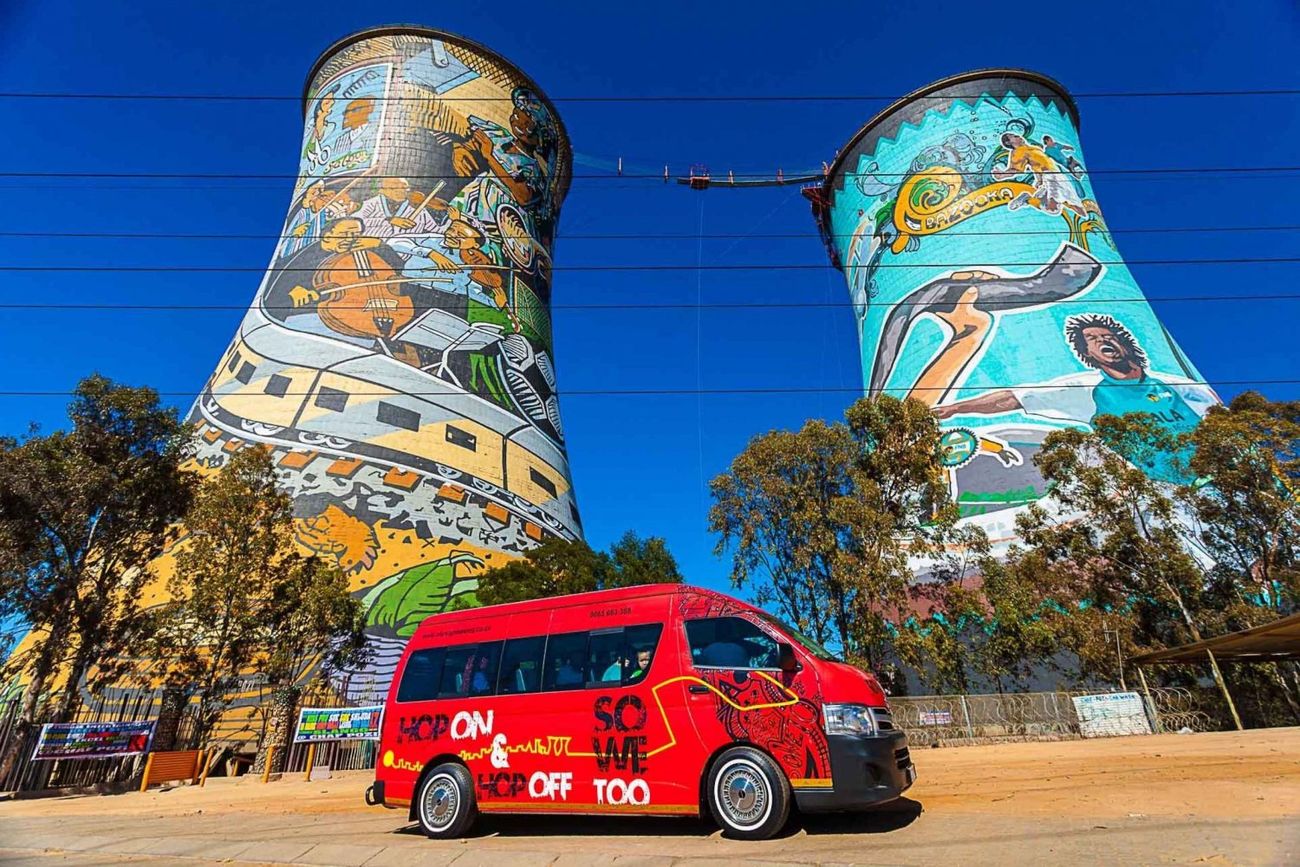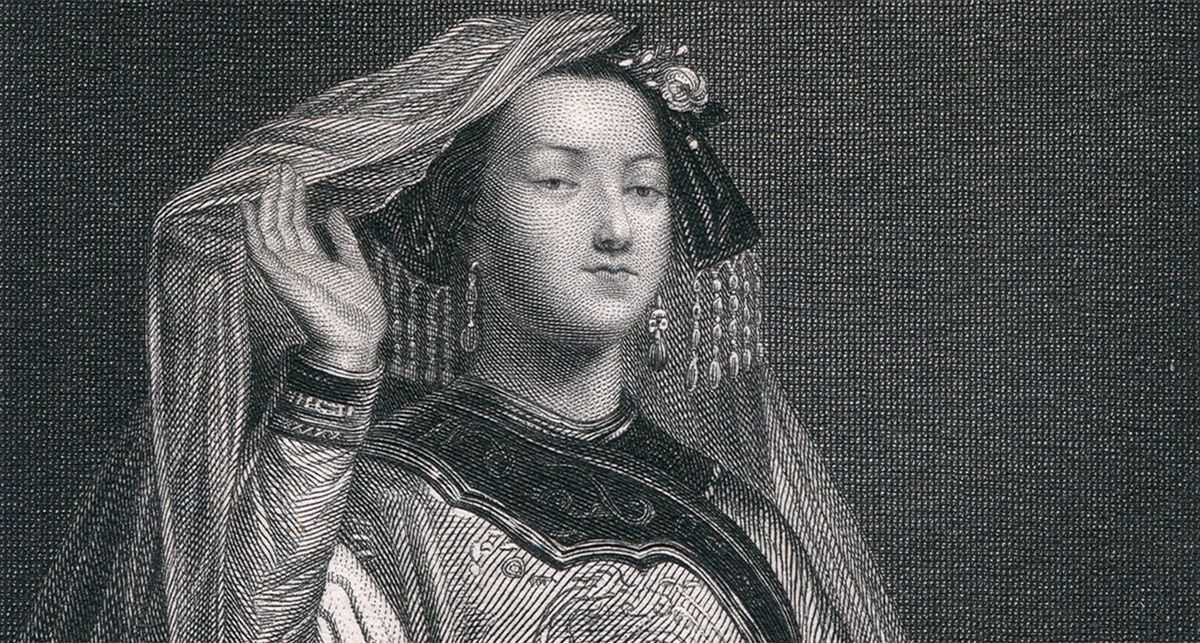
Soweto, short for "South Western Townships," is a vibrant and historically rich area located southwest of Johannesburg, South Africa. With a population of around 1.3 million, it boasts a diverse mix of ethnic groups, including Zulu, Sotho, Tswana, Venda, and Tsonga. Established in the 1930s, Soweto has grown from a temporary settlement for Black laborers into a bustling urban complex. It played a pivotal role in the anti-apartheid struggle, most notably during the 1976 Soweto Uprising. Today, Soweto is a cultural hub known for its music, sports, and entrepreneurial spirit, while still facing economic and social challenges. What makes Soweto so unique?
Key Takeaways:
- Soweto, a vibrant township in South Africa, played a crucial role in the fight against apartheid and is rich in cultural and musical contributions, making it a melting pot of diverse cultures and historical significance.
- Despite facing economic challenges, Soweto's rich history, cultural festivals, and community engagement projects showcase its promising future and its contribution to South Africa's cultural tapestry.
Discovering Soweto: A Township with a Rich History
Soweto, an acronym for "South Western Townships," is a place of immense historical and cultural significance in South Africa. This township, located southwest of Johannesburg, has played a pivotal role in the country's history, particularly in the fight against apartheid. Let's dive into some fascinating facts about Soweto.
-
Location and History
Soweto is situated southwest of Johannesburg, Gauteng, South Africa. The name "Soweto" is an acronym derived from "South Western Townships," reflecting its geographical location. -
Population and Ethnic Diversity
Soweto is home to approximately 1.3 million inhabitants, representing a diverse array of Black ethnic groups, including Zulu, Sotho, Tswana, Venda, and Tsonga. -
Founding and Early Development
Soweto was established in the 1930s as a temporary settlement for Black laborers working in the gold mines of Johannesburg. The area grew haphazardly, with the first housing development known as Orlando Location. -
Shantytowns and Slums
The early development of Soweto was characterized by shantytowns and slums, which arose with the influx of Black laborers from rural areas. These conditions were exacerbated by the lack of municipal services and government oversight.
The Struggle Against Apartheid
Soweto's role in the anti-apartheid movement is legendary. It was a hotbed of activism and resistance, with many significant events taking place here.
-
Natives (Urban Areas) Act of 1923
The Natives (Urban Areas) Act of 1923 aimed to provide improved conditions for residence in segregated Black urban areas. However, it also controlled access to these townships and restricted the consumption of intoxicating liquor, further marginalizing Black residents. -
Orlando Location and Central Western Jabavu
The first housing development in Soweto was Orlando Location, which included temporary single-room shelters for single men working at the mines. Central Western Jabavu emerged as an emergency camp for homeless families during World War II. -
Soweto as a Sanctuary
Soweto served as a sanctuary for activists during the anti-apartheid struggle. The Regina Mundi Church, for example, was a significant historical site where activists met and planned their actions. -
Soweto Uprising of 1976
The Soweto Uprising of 1976 was a pivotal event in the fight against apartheid. The uprising began as a protest against the government's insistence that Afrikaans be used as the medium of instruction in Soweto's high schools. The event drew international attention and marked a turning point in the anti-apartheid movement. -
Hector Pieterson Museum
The Hector Pieterson Museum tells the story of the 1976 Soweto Uprising and its impact on the struggle against apartheid. The museum is named after Hector Pieterson, a 12-year-old student who was killed during the uprising. -
Nelson Mandela National Museum
The Nelson Mandela National Museum, located in Orlando West, is dedicated to the life and legacy of Nelson Mandela, who once lived in Soweto. The museum showcases his journey from anti-apartheid activist to President of South Africa.
Cultural and Musical Contributions
Soweto is not just about struggle; it is also a hub of culture, music, and creativity. The township has given birth to unique musical genres and cultural movements.
-
Vilakazi Street
Vilakazi Street is a famous street in Soweto known for being the only street in the world to have the historical residences of two Nobel Prize winners: Nelson Mandela and Archbishop Desmond Tutu. -
Soweto TV
Soweto TV is a community television channel that broadcasts local content, with over 60% of its programming being Sowetan content as per ICASA's regulations. The channel is available on DStv channel 251 and has studios situated on Vilakazi Street. -
The Sowetan Newspaper
The Sowetan newspaper has a readership of around 1.6 million and is a prominent media outlet in Soweto, providing news and information to the community. -
Kasibiz Mahala Magazine
Kasibiz Mahala is a free community magazine that promotes local small businesses in Soweto. It was established in 2012 to support entrepreneurship and community development. -
Music and Culture
Soweto is renowned for its vibrant music scene, particularly in the genres of Kwaito and Kasi Rap. These styles of hip-hop music blend elements of house music, American hip-hop, and traditional African music, making Soweto a significant cultural hub. -
Soweto Gospel Choir
The Soweto Gospel Choir is internationally acclaimed for its powerful performances, blending traditional African gospel music with contemporary sounds. The choir has achieved global recognition and has performed at various international events.
Sports and Recreation
Sports play a crucial role in the lives of Soweto's residents. The township boasts some of South Africa's most famous sports teams and events.
-
Orlando Pirates Football Club
The Orlando Pirates Football Club, one of South Africa’s most successful soccer teams, is based in Soweto. The team's home ground is a significant part of the township's sports culture. -
Soweto Derby
The Soweto Derby is a highly anticipated soccer match contested between the local rivals Kaizer Chiefs and Orlando Pirates. The match attracts passionate fans from all over the country, showcasing the township's love for football.
Historical Landmarks and Museums
Soweto is rich in historical landmarks and museums that tell the story of its past and its people.
-
Kliptown Open-Air Museum
The Kliptown Open-Air Museum pays homage to the historic Freedom Charter, which was adopted in 1955 as a statement of the aspirations of the South African people. The museum is a must-visit for those interested in South Africa's history and politics. -
Arts and Crafts Scene
Soweto has a thriving arts and crafts scene, with local artisans creating unique handmade crafts such as pottery, beadwork, and wire sculptures. This cultural expression showcases the creativity and talent of the township's residents.
Economic Development and Challenges
Despite its rich culture and history, Soweto faces significant economic challenges. However, there are ongoing efforts to improve the township's economic landscape.
-
Tourism and Economic Development
Tourism has become a growing source of income for Soweto. Visitors can explore the township's rich history, cultural attractions, and vibrant arts scene, contributing to the local economy. -
Soweto Wine and Lifestyle Festival
The Soweto Wine and Lifestyle Festival is an annual event that showcases the best wines, gourmet food, and lifestyle products. The festival attracts wine and food enthusiasts from near and far, highlighting the township's diverse cultural offerings. -
Entrepreneurship and Small Businesses
Soweto is home to numerous small businesses and entrepreneurs. The township hosts various events and conferences aimed at enhancing skills and value-add in township economies, such as the Soweto entrepreneurship conference. -
Economic Challenges
Despite economic improvements, Soweto still faces significant challenges. Many residents live in informal housing, and unemployment remains high. The Soweto Electricity Crisis Committee argues that the poor are unable to pay for electricity, highlighting the need for better municipal services. -
Infrastructure Development
The Johannesburg City Council has initiated projects to improve infrastructure in Soweto, including the provision of more street lights and the paving of roads. Private initiatives such as the construction of Protea Mall, Jabulani Mall, and Maponya Mall aim to tap into the combined spending power of R4.3 billion.
Community and Daily Life
Life in Soweto is vibrant and community-driven. The township's residents are actively engaged in various initiatives to improve their living conditions and promote their cultural heritage.
-
Music Venues
Soweto is renowned for its nightlife and cultural events. Music venues like the Orlando Ekhaya entertainment center host various performances, contributing to the township's vibrant cultural scene. -
Community Engagement
Soweto remains a predominantly Black city with a multi-cultural mix of inhabitants. The community is actively engaged in various initiatives aimed at improving living conditions and promoting cultural heritage. -
Public Transportation
Most commuters travel long distances to work in other parts of Johannesburg. The Soweto Highway links the township with Johannesburg, and Metrorail operates commuter trains along the same route. Public transportation is a crucial aspect of daily life in Soweto.
Notable Figures and Contributions
Soweto has produced many notable figures who have made significant contributions to South Africa's history and culture.
-
Historical Landmarks
Soweto is home to several historical landmarks, including the Regina Mundi Church, which served as a sanctuary and meeting place for activists during the anti-apartheid struggle. The church is an important historical site and a symbol of resistance against apartheid. -
James Mpanza and Orlando Pirates F.C.
James Mpanza, known as the "father of Soweto," was a civic leader and founder of Orlando Pirates F.C. His legacy continues to influence the township's sports and cultural landscape. -
Winnie Mandela
Winnie Mandela, an anti-apartheid activist and politician, was a prominent figure in Soweto. She was married to Nelson Mandela and played a significant role in the fight against apartheid. -
Soweto Dialect
The residents of Soweto have developed a unique dialect called "Sowetan," influenced by various local languages and cultures. This dialect reflects the township's diverse cultural heritage.
A Melting Pot of Cultures
Soweto is a melting pot of different cultures, comprising various ethnicities and nationalities. This diversity is reflected in its language, music, and cultural practices.
-
Soweto as a Melting Pot
Soweto is a melting pot of different cultures, comprising various ethnicities and nationalities. The township's diversity is reflected in its language, music, and cultural practices. -
Soweto’s Role in Anti-Apartheid Struggle
Soweto played a pivotal role in the fight against apartheid. The township was at the forefront of demands for Black equality and was a site of significant protests and uprisings. -
Soweto’s Economic Growth
Despite historical economic challenges, Soweto has shown signs of economic improvement. Private initiatives and municipal projects aim to enhance the township's economic development and improve living conditions. -
Soweto’s Cultural Festivals
Soweto hosts various cultural festivals throughout the year, including the Soweto Fashion Week and the Soweto International Jazz Festival. These events showcase the township's vibrant cultural scene and attract visitors from near and far. -
Soweto’s Historical Significance
Soweto is historically significant not only for its role in the anti-apartheid struggle but also for its cultural and musical contributions. The township has produced iconic figures and cultural movements that have shaped South African history. -
Soweto’s Tourism Industry
Tourism is a growing industry in Soweto. Visitors can explore the township's rich history, cultural attractions, and vibrant arts scene, contributing to the local economy and promoting cultural exchange. -
Soweto’s Community Engagement
Soweto remains a community-driven township with various initiatives aimed at improving living conditions and promoting cultural heritage. The community is actively engaged in various projects and events that celebrate its history and culture. -
Soweto’s Future Prospects
Despite ongoing challenges, Soweto has a promising future. Ongoing economic development initiatives, cultural events, and community engagement projects suggest that the township will continue to thrive and contribute to South Africa’s rich cultural tapestry.
Soweto's Legacy and Future
Soweto stands as a testament to resilience, culture, and history. From its origins as a settlement for Black laborers to becoming a symbol of the anti-apartheid struggle, Soweto's journey is remarkable. The township's rich cultural scene, including its music, arts, and festivals, showcases the creativity and spirit of its people. Despite ongoing economic challenges, initiatives in infrastructure, tourism, and entrepreneurship offer hope for a brighter future. Historical landmarks like the Hector Pieterson Museum and Vilakazi Street remind us of Soweto's pivotal role in South Africa's history. As Soweto continues to evolve, it remains a vibrant community with a promising future, contributing significantly to the country's cultural and economic landscape. Understanding Soweto means appreciating its past, celebrating its present, and looking forward to its future.
Frequently Asked Questions
Was this page helpful?
Our commitment to delivering trustworthy and engaging content is at the heart of what we do. Each fact on our site is contributed by real users like you, bringing a wealth of diverse insights and information. To ensure the highest standards of accuracy and reliability, our dedicated editors meticulously review each submission. This process guarantees that the facts we share are not only fascinating but also credible. Trust in our commitment to quality and authenticity as you explore and learn with us.


